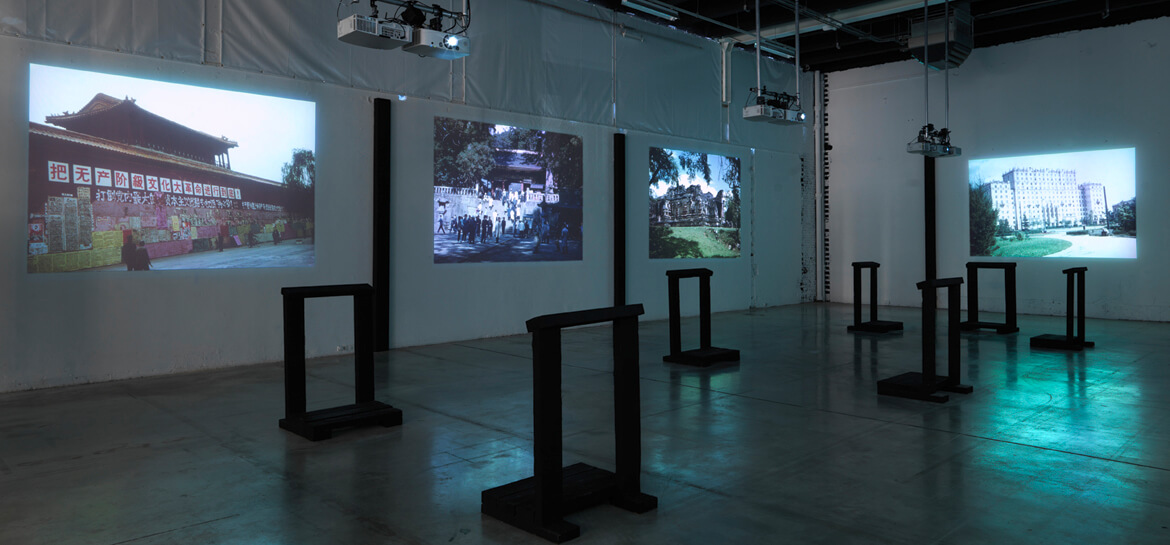SEARCH THE ENTIRE SITE

After history : Alexandre Kojève as a photographer
The Palais de Tokyo, which is trying to reinvent the very format of the exhibition, welcomes the exhibition organized by the philosopher and art historian Boris Groys based on the archives of Alexandre Kojève, one of the most important philosophers of the 20th century, a pioneer, and a European politician.
The exhibition conceived by the philosopher Boris Groys is an opportunity to discover the visual collection of Alexandre Kojève (1902-1968), a French philosopher of Russian origin, for the first time.
Alexandre Kojève had a very early presentiment of the West’s entry into a “post-historical era”: With history immobilized and no room left for ideological struggles, virtually all that remains in the world is the administration of commonplace activities. In 1933 he moved to France and for six years held an interpretation seminar on Hegel’s Phenomenology of Spirit. Immediately after the end of World War II, Alexandre Kojève abandoned philosophy to become a diplomat on behalf of the French government and of the European Union.
Boris Groys discovered this immense visual collection in the Kojève archives at the Bibliothèque Nationale de France (Nina Ivanoff donation, 2004). For the Palais de Tokyo, he decided to devise an exhibition based on it, consisting of slide presentations showing almost 400 photographs taken by Kojève. Boris Groys stresses the way in which “Kojève adopts this anonymous and highly conventional postcard style in making his own photographs”, which “reflect his administrative view of the world combined with a certain post-historical melancholy.”